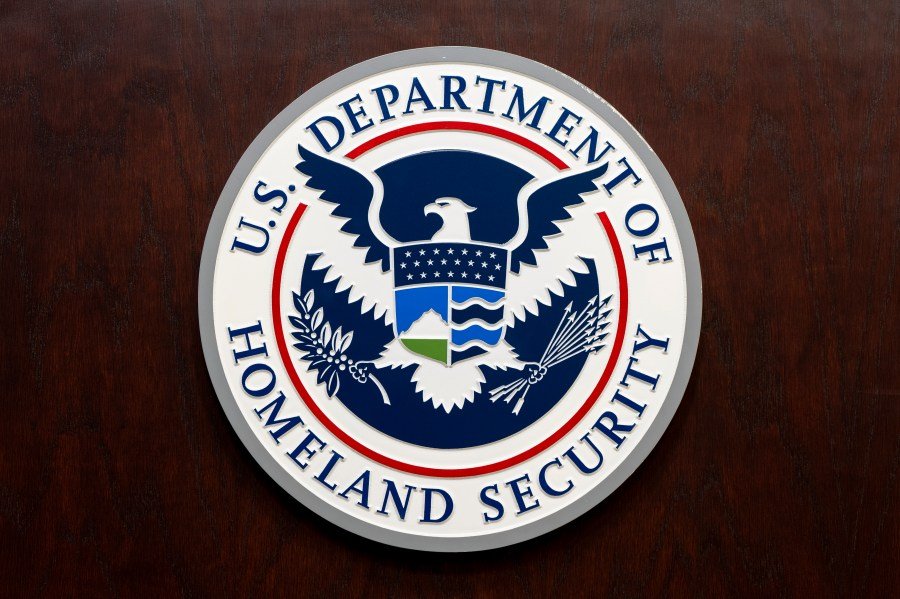
AUSTIN (KXAN) — Thursday, the US Department of Homeland Security released a comprehensive list of jurisdictions it believes are defying federal immigration law.
“Designation of a sanctuary jurisdiction is based on the evaluation of numerous factors, including self-identification as a sanctuary jurisdiction, noncompliance with Federal law enforcement in enforcing immigration laws, restrictions on information sharing, and legal protections for illegal aliens,” a DHS spokesperson said.
According to DHS, each of the states, cities or counties listed will get a notification from the federal government of its non-compliance.
“DHS demands that these jurisdictions immediately review and revise their policies to align with Federal immigration laws and renew their obligation to protect American citizens, not dangerous illegal aliens,” the agency said.
There are no Texas cities on the list, though DHS told KXAN the list “is actively reviewed, will be regularly updated, and can be changed at any time.”
The Trump administration has previously indicated cities not complying with federal immigration law may be passed over for funding opportunities. For example, the secretary of the Department of Transportation released a memo earlier this year indicating cities that require compliance with immigration enforcement will be prioritized for federal transportation funding opportunities.
“President Trump and Secretary Noem have been clear: sanctuary jurisdictions should immediately cease violation of Federal law and cooperate with law enforcement,” a DHS spokesperson said after KXAN reached out asking about penalties associated with making the list.
State law prohibits sanctuary cities in Texas
Earlier this year, Attorney General Ken Paxton announced an investigation into the city of Dallas and the Dallas Police Department over possible sanctuary city policies, according to a release from the AG in March.
“The law is not optional. Local governments do not have the authority to disregard state and federal immigration laws,” said Attorney General Paxton at the time.
Texas lawmakers effectively banned sanctuary cities in 2017 through Senate Bill 4. That now-law prohibits any local policy that would interfere with state or federal immigration enforcement.
The city of Austin initially fought against it, passing “freedom city” resolutions that identified legal loopholes in SB 4. For example, while state law allows officers to question someone on their immigration status, the city instructed police to inform people of their right not to answer that question, NBC News reported.
Since then, state lawmakers have also passed a bill that allows local law enforcement to arrest people they believe are in the U.S. illegally. That one came in 2023 and has been tied up in federal court since. Just like the previous council, Austin addressed that one with a resolution as well.
“We really want our police officers focused on investigating violent crime. That’s where their time and resources should be spent. Not carrying out this policy that we know leads to racial profiling, that will separate families and could potentially lead to deportations,” Austin City Council Member Vanessa Fuentes (she is now the mayor pro tem) said after that resolution passed.
But between state and federal rules, the city of Austin — and other Texas cities — are largely restricted on what more they can do in broad brush strokes. That is, if the don’t want to lose massive chunks of funding or face legal penalties.
“So that’s where you can’t, quote, unquote, be a sanctuary city. You know, we can’t use our police officers to disrupt ICE enforcement, things of that nature. Or, you know, frankly, our chief of police could lose her law enforcement license. We could have funding taken away from our city,” Austin City Council Member Mike Siegel said. “And so that’s kind of the balance, you know, SB 4 and other state legislative efforts that constrain our local control. We have to stay within those parameters and still do as much as we can.”
